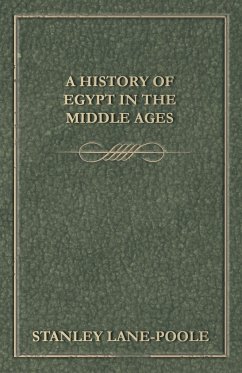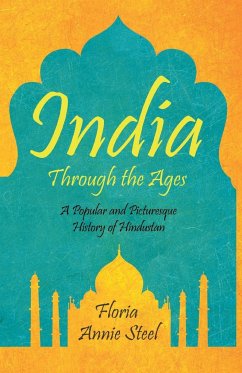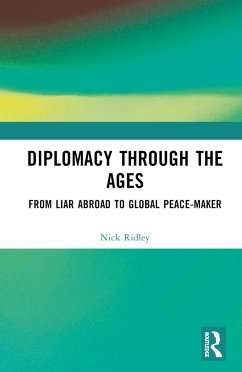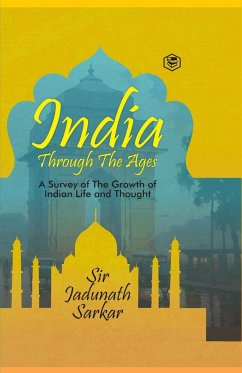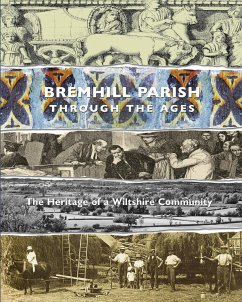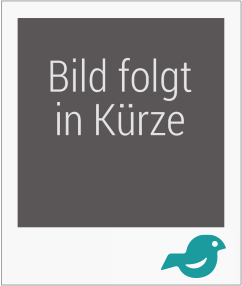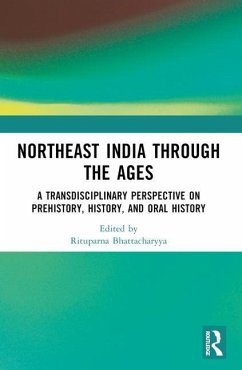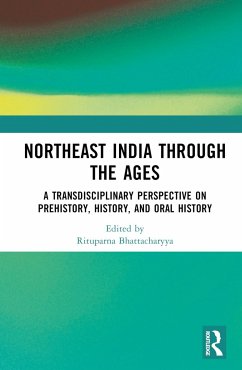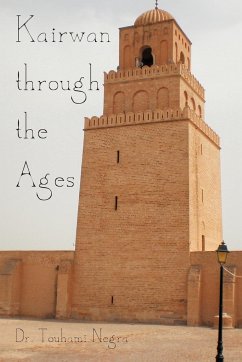
Kairwan Through the Ages
Versandkostenfrei!
Versandfertig in 1-2 Wochen
11,99 €
inkl. MwSt.

PAYBACK Punkte
6 °P sammeln!
KAIRWAN'S EVENTFUL HISTORY From a Kairwan Letter to the London Times. Such is "Holy Kairwan," the "City of Victory," which rising on the ruins of the Roman Nicus Augusti, sent forth armies to conquer a great part of two continents, became the seat of a long line of independent rulers, and for centuries afterward was the acknowledged metropolis of Islam in the West. In the time of its long-lasting decline it has served as the rallying-point of the nomadic tribes which surround it, their place of the pilgrimage when living and burial when dead. But all the learning, culture, and erudition of Kai...
KAIRWAN'S EVENTFUL HISTORY From a Kairwan Letter to the London Times. Such is "Holy Kairwan," the "City of Victory," which rising on the ruins of the Roman Nicus Augusti, sent forth armies to conquer a great part of two continents, became the seat of a long line of independent rulers, and for centuries afterward was the acknowledged metropolis of Islam in the West. In the time of its long-lasting decline it has served as the rallying-point of the nomadic tribes which surround it, their place of the pilgrimage when living and burial when dead. But all the learning, culture, and erudition of Kairwan have unfortunately almost dissapeared for centuries. ... Her ancient splendor has disappeared; her independence and exclusiveness have luckily prevented her entire decay. However, reduced in size and glamour, Kairwan is still an intact Islamic and Arab city.... Future genrations will visit the vestiges of the great Mosque of Okhba and the tomb of "My Lord the Companion" and reflect deeply on the instabilty of things in general and the declined Moslem magnificence and empire in particular and lament the loss of a prestigious past. The New York Times Published: December18, 1881 Copyright c, The New York Times





